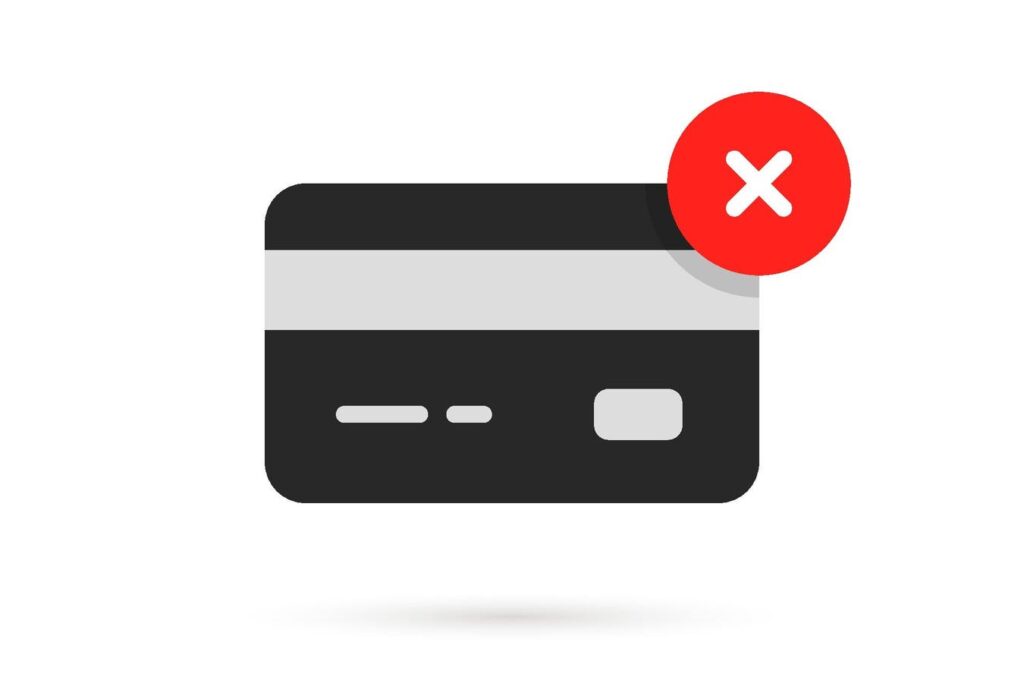Tomo Credit, a San Francisco-based startup catering to immigrants and international students with limited credit histories, has recently found itself mired in controversy and consumer complaints. Initially launched in 2019 with a focus on providing credit card services, Tomo has faced significant operational disruptions since late last year when users reported that their cards were rendered inactive without warning. Customers expressed frustration on social media, detailing issues such as losing access to reward funds and receiving notices that the card operations were paused due to system updates. These abrupt changes marked a troubling decline for a company that was once seen as an innovative solution for those struggling to establish credit in the U.S.
In a significant strategic pivot, Tomo CEO Kristy Kim announced in the summer of 2023 that the company would transform its business model from a credit card provider to a subscription service aimed at improving credit scores for a wider audience. This change raised eyebrows, especially after revelations emerged regarding Tomo’s financial struggles, including a default on a $30 million line of credit from Silicon Valley Bank (SVB) earlier in 2023. This default is particularly perplexing given that just months prior, Tomo had celebrated raising $100 million in debt and $22 million in equity funding, backed by prominent investors like Mastercard and Morgan Stanley. Notably, there have been no public updates regarding this funding after the default, nor has Kim provided clarity on the company’s financial situation despite multiple inquiries.
Following the announcement of its fundraising, Tomo encountered significant difficulties in meeting its financial obligations. By April 2023, it had reportedly experienced at least seven events of default, leading to discussions of forbearance with SVB. Ultimately, the situation continued to deteriorate, culminating in a lawsuit filed by SVB in July 2023 after Tomo failed to make a critical repayment of $1.75 million. The chain of events spiraled further when, in late September, SVB halted all new credit extensions for Tomo’s credit card operations, signifying a complete collapse of their partnership at a time when the company was transitioning to this new service model.
By early 2024, after making a delayed payment of $5.1 million to SVB, Tomo managed to resolve the immediate legal concerns, as both parties agreed to dismiss the lawsuit. However, confusion remains about their ability to offer credit services at all. Despite claims from Kim that credit cards are still available to a “select” group of customers, reports indicate that Community Federal Savings Bank, the previous issuer of Tomo’s credit card, had ceased their partnership, creating uncertainty around Tomo’s current standing in the credit ecosystem. The lack of openly listed banking partners on their website adds to the opacity surrounding their operations.
Consumer sentiment towards Tomo has sharply declined in light of these operational and financial inconsistencies. The Better Business Bureau reported a staggering 557 complaints against Tomo over the past year, with many complaints stemming from difficulties in canceling subscriptions. For context, this volume of dissatisfaction is notable compared to similar industry players, as PNC Bank, a well-established institution with significantly more customers, received only 599 complaints in the same timeframe. Consumers have highlighted the lack of an easy cancellation process, raising concerns about the company’s transparency and customer service practices.
In response to the growing backlash, Tomo has made recent updates to its app, including the introduction of a “Cancel Membership” button, which arrived following heightened scrutiny over their subscription cancellation policy. This move may represent an effort to improve customer relations and alleviate frustrations surrounding the subscription model. Nonetheless, the uncertainty about Tomo’s financial health, customer service challenges, and operational capabilities continues to loom large as the company navigates this challenging chapter in its evolution. With a shifting business landscape, the path forward for Tomo Credit remains unclear, raising questions about its viability and commitment to serving its intended demographic of underserved consumers.

